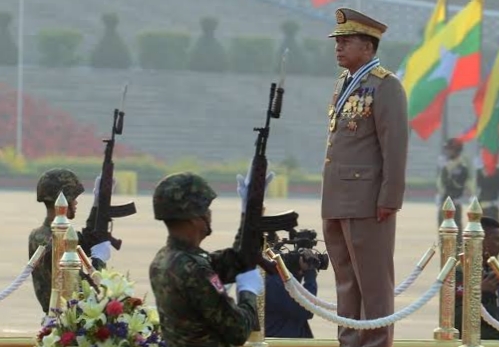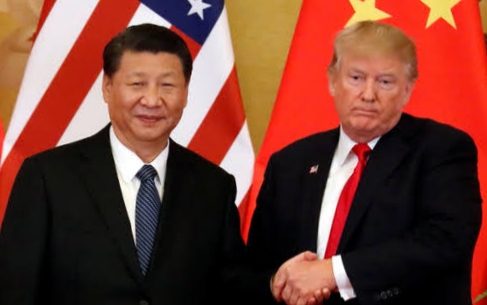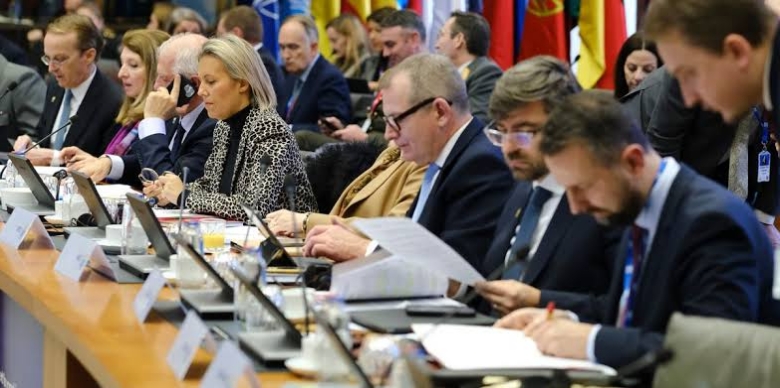INTERNEWSTIMES.COM – The military junta in Myanmar, known as the State Administration Council (SAC), has issued a surprising call for an end to hostilities, urging both ethnic armed groups and the People’s Defence Forces (PDF) to lay down their arms and engage in political dialogue. This unexpected move, however, has been swiftly rejected by the junta’s opponents.
The SAC, which seized power in a coup in February 2021, framed its call for talks as a crucial step towards organizing new elections. The junta claims that a census, scheduled to begin on October 1st, is necessary to ensure the accuracy of voter lists. However, the SAC has yet to set a date for these elections, and critics have condemned them as a sham designed to legitimize the junta’s grip on power.

The junta’s offer of dialogue comes amidst a brutal crackdown on dissent. The military has been accused of widespread human rights abuses, including extrajudicial killings, torture, and arbitrary detentions. The Assistance Association for Political Prisoners (AAPP) estimates that over 5,700 people have been killed and nearly 21,000 detained since the coup.
The National Unity Government (NUG), formed by elected lawmakers ousted in the coup, has dismissed the junta’s offer as a mere ploy. NUG spokesperson Nay Phone Latt dismissed the call for talks as “not worth considering.”
The NUG, which has established the PDF to resist the military’s rule, has gained control of significant portions of the country since launching a major offensive in October 2022. This offensive has put immense pressure on the junta, highlighting the growing resistance to its authority.
Civil society groups have also condemned the junta’s offer of talks, warning that the proposed elections are a facade designed to deceive the international community. Progressive Voice, a rights-based advocacy group, stated that the junta is “teetering on the brink of collapse” and that the elections are a “hoax democracy” aimed at securing international recognition.
The junta’s call for talks echoes a tactic employed by previous military regimes in Myanmar, who also offered elections before continuing their oppressive rule. Experts have expressed skepticism about the junta’s sincerity, suggesting that the offer is merely a desperate attempt to quell the growing resistance and maintain control.
The junta’s call for dialogue has been met with widespread skepticism and rejection. The ongoing violence, coupled with the junta’s history of human rights abuses, has eroded any trust in its intentions. The path to peace in Myanmar remains uncertain, with the junta’s offer of talks failing to address the root causes of the conflict and the deep-seated grievances of the people. (Red)



























